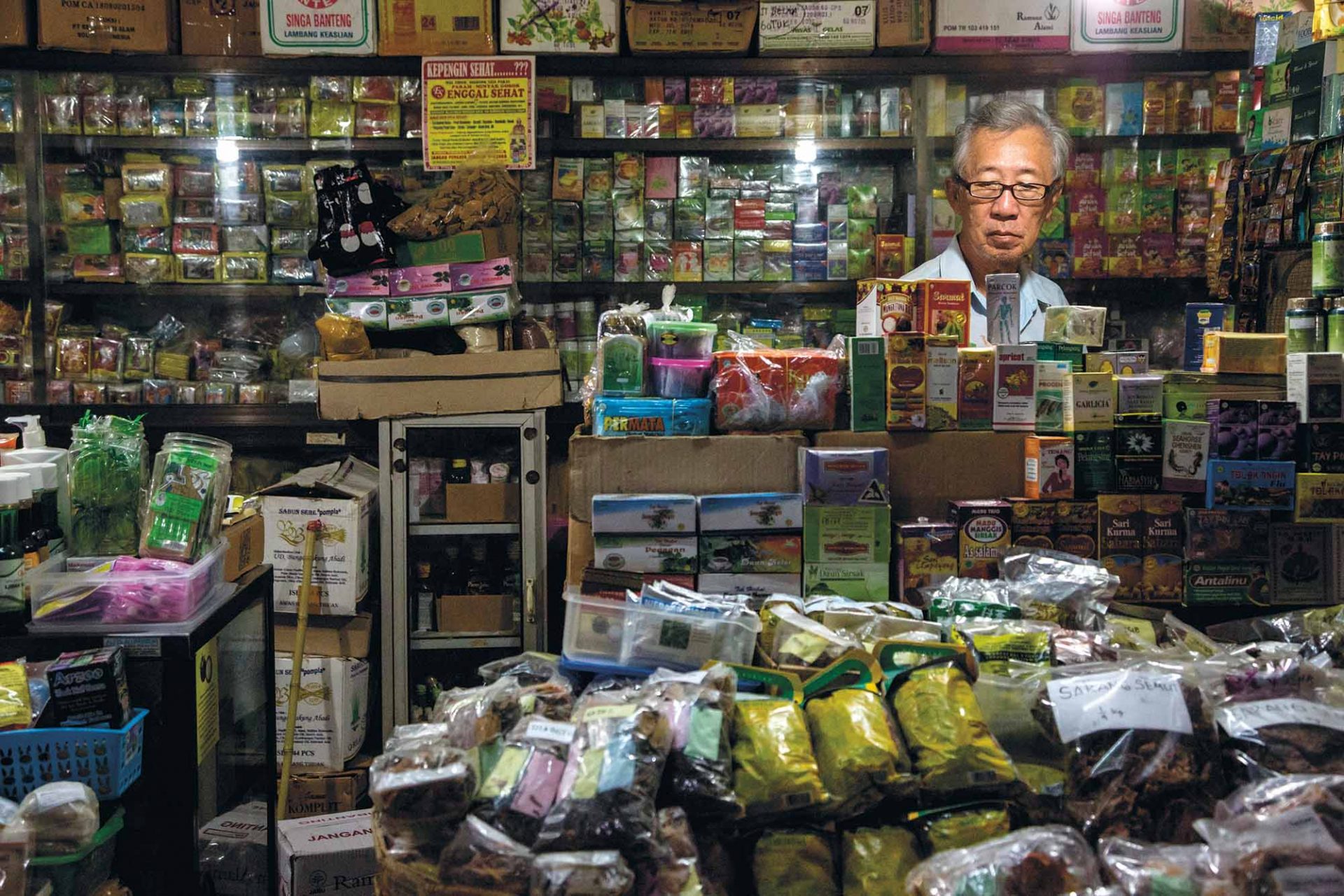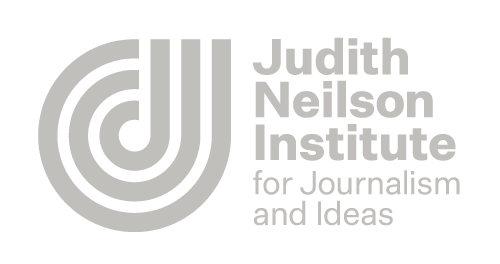Asia’s health and wellness revolution can change its future

Can Australia and ASEAN take a world-leading role in recognising the contribution traditional and natural medicine can play in improving the health and lives of people in our region?
Global mega-trends of health and wellness are sweeping across Asia and ASEAN. No matter what level of economic development a country has everyone wants to be healthy – as the saying goes “A healthy person has many wishes, an unhealthy person has only one wish”. Healthcare products and services, well-being retreats and spas, preventative healthcare, traditional medicine, fitness classes and gyms, life coaches and integrative medicine, across ASEAN the opportunities for Australian companies are significant.
The opportunity is not simply about sales and profit but about making a real contribution to the public health agenda in ASEAN and most importantly assisting and supporting consumers to live better, healthier lives.
However, the Australia-ASEAN relationship around health and well-being is not a one-way street and the opportunities for trade, investment, research and academic flows are considerable.
While awareness of Traditional Chinese Medicine (TCM) is quite widespread, lesser known is that all countries in ASEAN have a heritage of traditional systems of medicine. As has been noted by the World Health Organisation “there are large numbers of traditional medicine practitioners (in South-East Asia) who provide help and service to the ill and the needy. It is important that this unique knowledge, often found in ancient texts, be utilized by countries to the maximum extent possible without endangering the environment and destroying the very plants which are the source of the medicine”.
It is also interesting to note that at China’s 19th National Congress of the Communist Party of China, China’s President Xi Jinping proposed supporting both traditional Chinese medicine and Western medicine and ensuring the preservation and development of traditional Chinese medicine. Xi noted that traditional Chinese medicine embodied the essence of the traditional Chinese culture and in the future traditional Chinese medicine and Western medicine should learn from each other to achieve win-win common development.
Blackmores, Australia’s leading natural healthcare company, has an 86-year history of healthcare based on naturopathic principles. Naturopathy, or naturopathic medicine, is a system of medicine based on the healing power of nature. Naturopathy is a holistic system using a variety of natural therapies and techniques such as nutrition, behaviour change, herbal medicine, homeopathy, and exercise. There are strong similarities between naturopathy and traditional medicine practiced throughout Asia with the principles of “prevention rather than cure”.
Thousands of years of history in traditional medicines, herbal and natural treatments in Asian societies and the acceptance of natural medicine has no doubt assisted the success of Blackmores in Asia.
Blackmores has been active in ASEAN for more than 40 years with Marcus Blackmore, the son of our founder, Maurice Blackmore, seeing the opportunities in Asia well before other foreign companies. Our deep history in both Australia and Asia, has made us a leading brand in a number of ASEAN markets, including being the number one and most trusted brand in Thailand, Malaysia, and Singapore.
High growth, high barriers, high expectations
The vitamins and dietary supplement (VDS) product market in ASEAN is valued at close to $10 billion and experiencing double digit growth. McKinsey has noted a number of key factors driving growth in the dietary supplement market:
- Aging populations
- Increasing consumer awareness of preventative healthcare
- The rise of the self-directed consumer
- Channel proliferation
- A shift from ingredient focused messaging to broader brand positioning
These factors, and many others, will continue to see opportunities evolve and expand in ASEAN for both local and foreign companies alike.
However, these opportunities are counterbalanced by a range of challenges, particularly around regulation with efforts underway to reduce the significant variations between ASEAN markets.
ASEAN is characterized by considerable diversity in terms of geography, society, economic development and healthcare systems and outcomes. The health systems as well as healthcare structure and provisions vary considerably. The quality and nature of health service delivery still varies considerably, as the health systems of ASEAN’s member states find themselves at varying stages of evolution towards the common goal of Universal Health Coverage (UHC). For instance, while Singapore has arguably the most developed and efficient healthcare system in the region, with the highest annual health spending on a per capita basis compared to its ASEAN peers, Myanmar as a lesser developed ASEAN country merely spends an average of US$20 on healthcare for each of its citizens.
In 2004, under the umbrella of the ASEAN Economic Community (AEC), the Product Working Group for Traditional Medicines and Health Supplements (TMHSPWG) was established. Reporting to the ASEAN Consultative Committee on Standards and Quality (ACCSQ) the TMHSPWG was tasked with:
- Implementing measures for the integration of traditional medicines and health supplements stipulated in the ASEAN Healthcare Integration Roadmap
- Harmonising technical requirements and exploring possible Mutual Recognition Arrangements
- Eliminating technical barriers to trade for TM and HS, without compromising public health and safety to the ASEAN peoples
The original intention of the ASEAN Healthcare Integration Roadmap was to have an integrated ASEAN healthcare system by 2010, which in hindsight was probably an overly ambitious goal. This was revised as part of the AEC Blueprint 2025 and progress continues to move forward towards harmonisation and mutual recognition agreements.
As an active participant in the ASEAN harmonisation process through our presence in a number of ASEAN markets, Blackmores has been a strong advocate for both harmonisation but equally importantly the concept of mutual recognition of regulatory regimes and standards in the health supplements category.
Australia’s regulatory environment for complementary medicines is highly regarded throughout the world and within Asia. Understanding that all countries have an obligation and sovereign right to protect the health and safety of their own citizens, Australia has experience, bureaucratic and administrative expertise, and a historical track-record to support the ongoing evolution of a globally compatible regulatory environment for health supplements in ASEAN.
There is a sound opportunity for ASEAN to borrow elements or recognition from a mature regulatory system for complementary medicines, such as in Australia, particularly where these products are distinctly recognised over general food products and pharmaceutical drugs.
Mutual recognition is often a good starting point for governments at a bilateral level to be able to advance trade flows between their markets and the VDS and the health supplement sector is no exception. Blackmores would encourage regulatory authorities in Australia and ASEAN to actively pursue increased mutual recognition of standards, testing methods, ingredients and safety standards.
As a company with its consumers’ health and well-being as its core focus, Blackmores sees an opportunity for governments in Australia and ASEAN to also adopt an approach of “consumer centricity” when considering how to take forward higher level strategic, bilateral and regional initiatives relating to regulation, harmonisation, trade and investment flows.
Vitamins, dietary supplements, traditional and natural medicines are inherently low risk. The goal of regulation should be to ensure that consumers are not put at risk by poor manufacturing standards, quality practices or inappropriate claims.
Putting the consumer first, means that everyone thinks of what’s best for a consumer’s health and wellbeing, that consumers have the ability to make choices from a range of healthcare products, services and solutions that ultimately enable them to meet their own personal health and wellbeing goals.
Asia now leads the world in online e-commerce purchasing behaviour. This exponential evolution of the way consumers research and purchase products online means that there are now essentially “no borders” and consumers are truly global. The need for standards that are consistent and based on similar principles and recognition across multiple markets is now more critical than ever, particularly in ASEAN where consumers are some of the most active users of e-commerce in the world. If access to certain products is limited by regulations in the normal “bricks & mortar” offline retail market, consumers will simply purchase products online where regulatory oversight is often limited.
A natural answer to the region’s health challenges
Traditional and natural medicine in ASEAN and Australia provides a significant opportunity to advance the broader public health agenda. As has been noted by Australia’s peak industry body Complementary Medicines Australia (CMA):
“There is a real and immediate role for Complementary Medicines in contributing to primary health through primary and secondary prevention of illness, creating healthy communities and businesses, and by encouraging and empowering all Australians to take better care of their health. The establishment in 2011 of the Australian National Preventive Health Agency (ANPHA) was recognition by the Government that prevention in the first instance beats cure when a problem occurs. However, the contribution of Complementary Medicines is absent from their agenda. Complementary Medicines offer low-risk, efficacious interventions that can prevent or delay the onset of a wide range of chronic diseases that place a huge burden on the Australian community.”
Given the stress on health care budgets around the world, particularly in ASEAN, the inclusion of traditional and complementary medicines and their role in healthcare should be more actively considered by policy makers throughout Australia and the ASEAN region.
Considerable research has been undertaken by the World Health Organisation and other agencies noting that “greater use could be made of medicinal plants at the primary health care level so that all persons could have recourse to herbal medicine – particularly those living in areas without any allopathic health care coverage. Further research directed at a few of the chronic diseases against which more drugs are needed, such as diabetes, bronchial asthma and arthritis, could lead to the discovery of new drugs for these conditions. Regulated and selective export of some of these medicinal plants being eagerly sought after in other parts of the world could considerably enhance the foreign exchange earnings of countries with this biodiversity.
Careful planning is needed so that such a programme could be launched without detriment to the environment and without reducing the availability of the medicinal plants in the countries. The very large numbers of trained and semi-trained practitioners of the traditional systems of medicine could become more involved in the national health care systems of these countries. Such involvement can come about only as a result of some regulation of the systems being followed, the products used for health care and the practitioners of such systems.
It is important also to take steps to ensure that unethical and unjustified exploitation of these plants, which have been used for centuries, is prevented – particularly the patenting in western countries of these remedies. At the same time, it is necessary to protect the discoveries being made in the countries of the region by scientists and research workers who are carrying out research and discovering and documenting the effectiveness of the plants used.
The strong relationship between Australia and ASEAN, the prevalence of traditional and natural medicine in Asia, and the strong position vitamins and dietary supplements play in the health and well-being regimes of Australians, provides a unique opportunity for Australia and ASEAN to take a world leading role in recognising the contribution these industries can play in improving the health and lives of people within our region.
As a company with a long history in the ASEAN region Blackmores encourages more cooperation between Australia and regional countries in a number of areas that could be actively advanced with a common purpose of a healthier future and reduced public healthcare budgets:
- Mutual recognition of regulatory regimes and standards in the traditional medicine and health supplements category
- Joint bilateral research projects in the areas of traditional medicine using native herbal and plant-based ingredients sourced within ASEAN countries
- Establishment of a dedicated ASEAN Australia working group on traditional and complementary medicines
As the Indonesian saying goes “Gajah mati meninggalkan gading, harimau mati meninggalkan belang, manusia mati meninggalkan nama” When an elephant dies it leaves its ivory, a tiger leaves it’s stripes and a man his name. The things you do in life are remembered after you’re gone.













